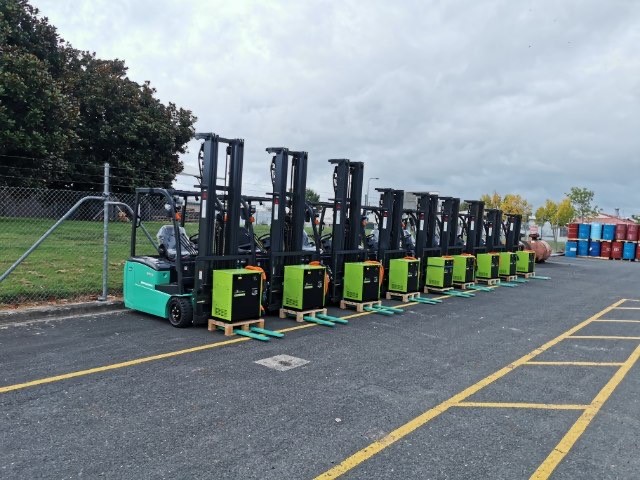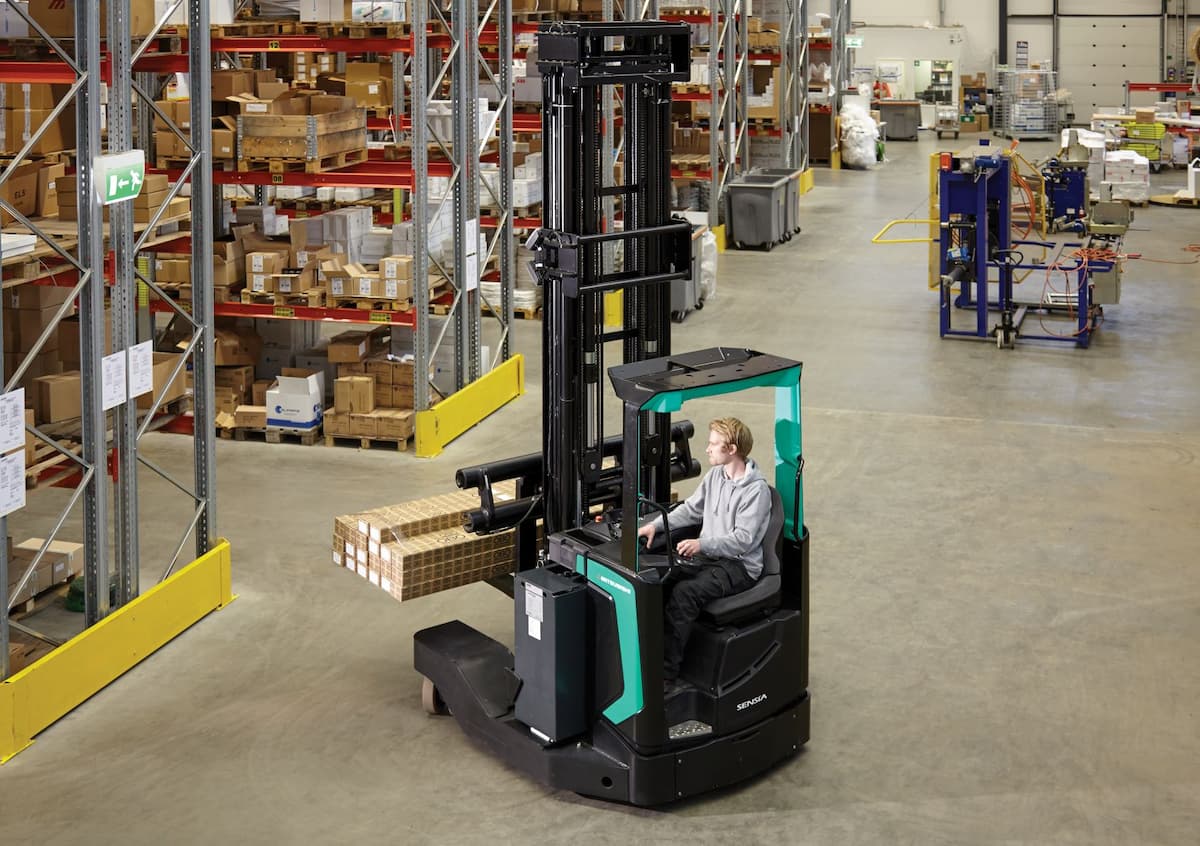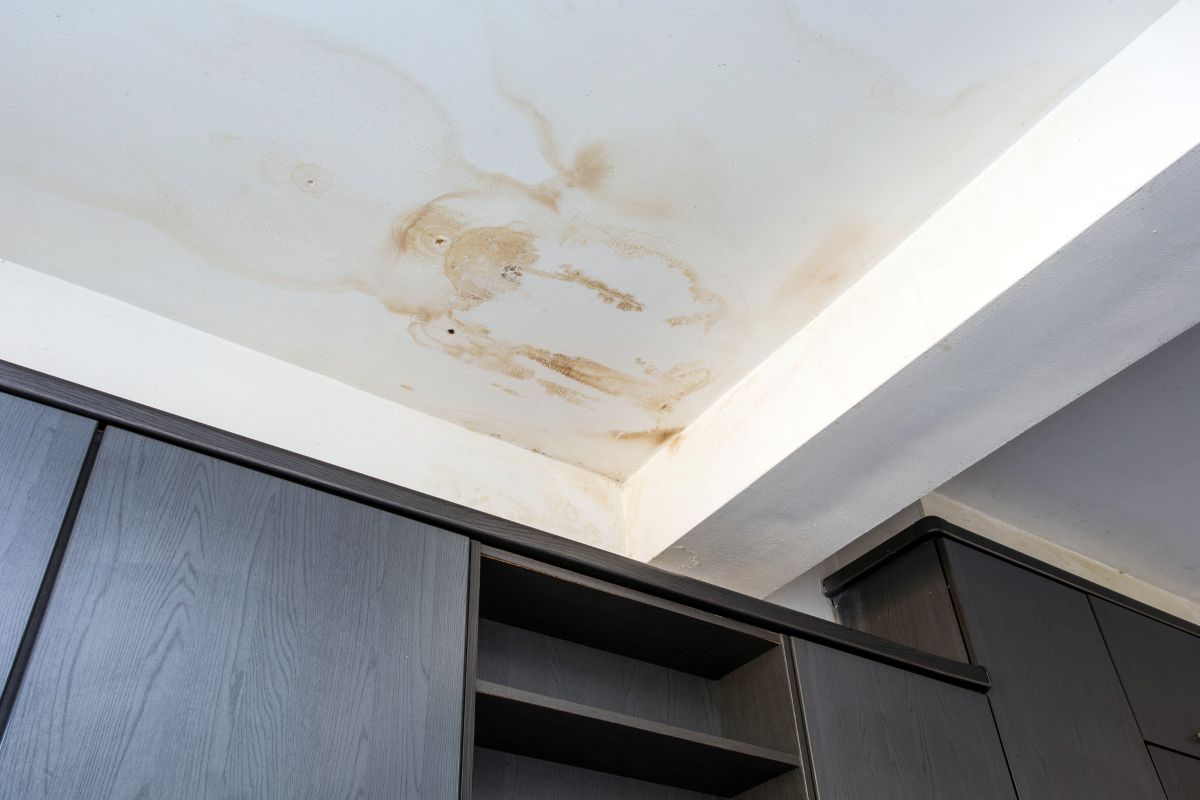Purchasing a forklift is one of the bigger capital investments a Christchurch business can make, whether it’s for a warehouse, construction site, logistics company, or retail operation with large stock handling. While forklifts are essential for productivity and safety, they also represent a significant financial outlay.
With so many options available, ranging from brand-new electric models to second-hand diesel workhorses, it’s easy for buyers to overspend without realising it. The good news is that with the right knowledge and careful planning, you can avoid overpaying while still securing a forklift that meets your needs and adds value to your business.
This guide explores the Christchurch forklift market, key factors that drive prices, common mistakes to avoid, and smart strategies to ensure you get the best deal without compromising on quality or performance.
Why Smart Buying Matters in Christchurch
In Christchurch, forklifts are a critical part of operations for a wide range of industries. The city’s logistics hubs, growing construction sector, and retail distribution centres rely heavily on material handling equipment to keep supply chains running smoothly. For many businesses, downtime caused by unreliable equipment can quickly lead to delays, financial losses, and frustrated customers.
This is why buying the right forklift matters. Overspending can put unnecessary strain on cash flow, while cutting corners on quality often results in higher costs down the track through breakdowns, inefficiencies, or non-compliance with safety regulations. Smart buying ensures you’re striking the balance between affordability and long-term reliability, making your investment work harder for you.
Understanding Forklift Market Prices in Christchurch
Before you buy, it’s essential to understand how forklifts are priced in the Christchurch market. Prices vary widely depending on the type, size, power source, and brand of forklift you’re considering.
- New forklifts in Christchurch generally range from $25,000 to over $100,000, with high-capacity or specialist models sitting at the top end of the scale. These machines come with full warranties and are often purchased by businesses with heavy daily use requirements.
- Used forklifts are typically priced between $10,000 and $40,000, depending on condition, service history, and hours of operation. A lightly used forklift with a strong maintenance record can represent excellent value for smaller businesses.
- Refurbished forklifts are often somewhere in between, with reconditioned parts and limited warranties, making them a budget-friendly option with more reliability than an as-is used machine.
Christchurch’s market also has unique dynamics compared to larger cities like Auckland. While there may be fewer dealers locally, competition between them keeps prices competitive. However, specialist models can be harder to source, meaning you may pay slightly more or face longer wait times if demand is high.
Researching Before You Buy
One of the best ways to avoid overpaying is to thoroughly research the market before entering negotiations. A well-informed buyer is in a much stronger position to spot inflated prices and secure a fair deal.
- Online marketplaces like Trade Me and Turners provide a broad view of second-hand prices in Christchurch and nationwide. This helps you benchmark what’s considered fair for a particular model or year.
- Local dealers’ websites give insight into pricing for both new and reconditioned forklifts, as well as special offers or seasonal promotions.
- Auction sites can sometimes yield bargains, particularly when companies upgrade fleets and sell off their old equipment. However, buying at auction also carries risks if you’re unable to inspect the machine thoroughly.
- Industry contacts are invaluable. Ask peers in your sector about their recent payments and which brands or dealers they trust. Real-world feedback gives you an unfiltered view of the market.
The more research you conduct, the less likely you are to be caught out by inflated pricing or a poor-value deal.
Knowing the Difference Between New and Used Forklifts
A major decision in your buying journey will be whether to go for new or used equipment. Both options have advantages and drawbacks, and choosing wisely is essential to avoid overpaying.
- New forklifts are the premium option. They come with the reassurance of manufacturer warranties, cutting-edge technology, and minimal risk of mechanical issues. They’re ideal for businesses that rely on forklifts daily and can justify the higher upfront cost. The downside is depreciation—like new cars, forklifts lose value quickly in their first years.
- Used forklifts are more affordable and often the best choice for businesses that don’t use them heavily or are looking to expand fleets without significant capital outlay. However, the risk is higher: maintenance issues, hidden wear and tear, or poor servicing histories can turn a “bargain” into a money drain.
Christchurch has a healthy second-hand market, but buyers should always request full service histories and, where possible, have a trusted mechanic or forklift technician inspect the machine before committing.
Key Features That Add or Reduce Value
When evaluating forklifts, it’s easy to get distracted by features that sound impressive but don’t add much practical value to your operation. This is where many buyers overspend.
- Load capacity: Don’t pay extra for a forklift with a 5-tonne rating if your heaviest loads are 1–2 tonnes. Buying excessive capacity wastes money and can make manoeuvring harder.
- Lift height: High-reach forklifts are significantly more expensive. Only pay for the lift height your warehouse or yard truly requires.
- Power source: Diesel models are rugged and powerful for outdoor use, but if your work is primarily indoors, an electric forklift is quieter, cleaner, and may save you money over time.
- Usage hours: Like cars, forklifts measure usage in hours. A machine with low hours but no maintenance record may be riskier than one with higher hours and a full service log.
- Attachments and extras: Side-shifters, rotators, and special attachments are valuable if your work requires them, but they add significantly to the price. Avoid paying for extras you won’t use.
By carefully analysing what features you need versus what’s optional, you’ll avoid unnecessary overspending.

Avoiding Common Buyer Mistakes in Christchurch
Christchurch forklift buyers often fall into avoidable traps that lead to overpayment. These include:
- Buying oversized equipment for “future growth” that never materialises.
- Skipping inspections, leaving buyers unaware of expensive repair issues.
- Overlooking compliance, particularly with health and safety requirements that can make a forklift unusable until fixed.
- Assuming private sales are always cheaper, when many dealerships offer competitive prices plus warranties and after-sales support.
Avoiding these mistakes requires patience and due diligence. Take your time, ask questions, and verify every detail before signing a contract.
Negotiation Strategies for Better Deals
Negotiation is a vital step in avoiding overpayment. Sellers expect it, and Christchurch is no exception.
- Use research as leverage: Arrive with a list of comparable prices and be ready to show why you believe a lower price is fair.
- Bundle extras: If a dealer won’t drop the sticker price, ask for free servicing, delivery, or operator training as part of the deal.
- Time your purchase: End-of-financial-year sales, stock clearances, and fleet upgrade seasons are the best times to buy at reduced prices.
Approach negotiations confidently but fairly—being well-prepared increases your chances of securing favourable terms.
Considering Financing and Total Cost of Ownership
One of the biggest mistakes buyers make is focusing only on the upfront cost. The total cost of ownership (TCO) is a far better measure of long-term value.
TCO includes:
- Fuel or electricity costs over the machine’s lifetime
- Regular servicing and maintenance
- Replacement parts
- Insurance and compliance costs
In some cases, a slightly more expensive forklift can save money over time if it’s more fuel-efficient or has lower servicing needs. Likewise, leasing or hire purchase arrangements can ease cash flow but may cost more in the long run if poorly structured. Always calculate lifetime costs, not just the purchase price.
Choosing Trusted Christchurch Dealers and Sellers
Finally, who you buy from makes a huge difference. Reputable Christchurch dealers often provide warranties, after-sales service, and compliance support that private sellers can’t match. They also offer reassurance that the forklift has been inspected and tested.
That said, private sellers can still be a good option if you do your homework—always verify ownership, check maintenance records, and, if possible, arrange an independent inspection. Watch out for red flags such as vague histories, missing paperwork, or reluctance to allow testing.
Final Thoughts on Buying a Forklift in Christchurch
Forklifts are vital to Christchurch’s industrial and commercial landscape, but overpaying for one can put a serious dent in your business finances. By researching the market, distinguishing between new and used models, focusing on the features you genuinely need, and negotiating smartly, you can avoid unnecessary costs and secure a machine that delivers real value.
Remember, the best deal isn’t always the cheapest—it’s the forklift that balances price, reliability, compliance, and long-term operating costs. With a careful and informed approach, Christchurch buyers can make confident choices and ensure their investment works for them, not against them.


